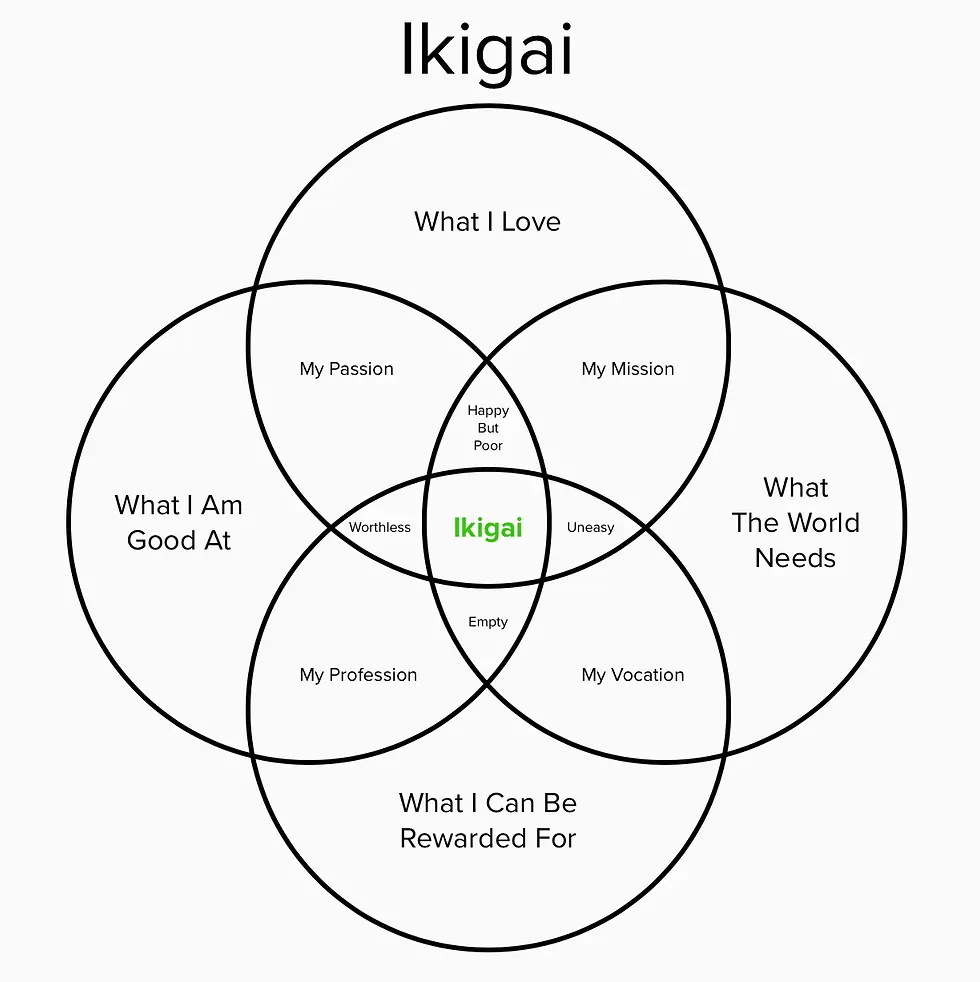Mind-less: The End of Suffering
- redstoneinitiative
- Jan 16, 2024
- 3 min read

The Endless Quest
In our quest for inner peace and understanding, the realization that our thoughts are merely thoughts — powerful but not defining — marks the beginning of a transformative journey. This profound insight allows us to see that these thoughts, while impactful and seemingly real, are not who we are. They are experiences, fleeting and transient, much like clouds passing through the sky of our consciousness. This awareness acts as a beacon, guiding us towards a new perspective where thoughts are seen for what they truly are: mere outputs from a sophisticated biological computer, our mind, programmed to relentlessly identify and solve problems.
The Realization
Embracing this newfound awareness, we embark on a path of mindful observation. We step back from the incessant chatter of our minds and assume the role of a detached observer. This shift in perspective is akin to waking from a dream; we begin to see the continuous stream of mental activity not as the essence of our being but as a natural function of the mind. It's an exercise in discernment, separating the thinker from the watcher, the noise from the silence. This journey of observation and awareness is about recognizing that the relentless mental noise is simply the mind executing its intrinsic function — problem identification and resolution. Yet, herein lies a critical twist: the realization that the vast majority of these problems are not concrete realities but the conjurings of an overactive, restless mind.
Shift Happens
As we deepen this practice of observation, a profound shift occurs. We start to disentangle our sense of self from the web of thoughts, realizing that we are not the creators of these thoughts, but rather the space in which they arise and dissipate. This detachment fosters a sense of inner calm and clarity. It's a process of unlearning — of letting go of the ingrained habit of automatically attaching significance and identity to every passing thought.
Mind-less
This journey is not about stopping thoughts or emptying the mind — an endeavor as futile as trying to calm the ocean's waves. Instead, it's about changing our relationship with our thoughts. We learn to experience them without judgment, without categorizing them as good or bad, right or wrong. We allow them to be, to rise and fall without our interference or emotional engagement. This is the essence of what I call Mind-less, — being fully present and aware, yet detached from the machinations of our mental processes.
Awareness
The ultimate liberation in this practice comes when we recognize that these thoughts, no matter how intense or persuasive, do not define our reality. They are simply mental events, ephemeral and not indicative of our true nature. By cultivating this awareness, we unlock the door to living in the present moment, unburdened by the imaginary constructs of our minds.
Our True Nature
In this space of awareness, we discover a profound truth: that peace, joy, and contentment are not contingent on external circumstances or the whims of our thoughts. They are inherent qualities of our being, accessible to us at any moment. This realization brings with it a sense of liberation, a freedom from the self-imposed prisons of our minds. We no longer feel compelled to chase after happiness or run from perceived threats, for we understand that these are mere illusions, products of our overactive imaginations.
Conclusion
The path to ending suffering, thus, is not through controlling or changing the external world, but through understanding and transforming our internal landscape. It's about learning to coexist with our thoughts, acknowledging their presence but not allowing them to steer the course of our lives. This journey requires patience, practice, and perseverance, but the rewards are immeasurable. As we embrace this practice, we begin to experience life as it is, in its fullness and richness, unfiltered by the biases and fears of our minds.
Next
In the days and weeks to come, I encourage you to become more mind-less. Begin to watch the thinker and observe the thoughts as they come and go. Take a step back from the constant mental chatter and realize that you are the silent observer, not the noise itself. Practice this art of mind-less detachment daily, and you'll start to experience a profound shift in your perspective.





Comments